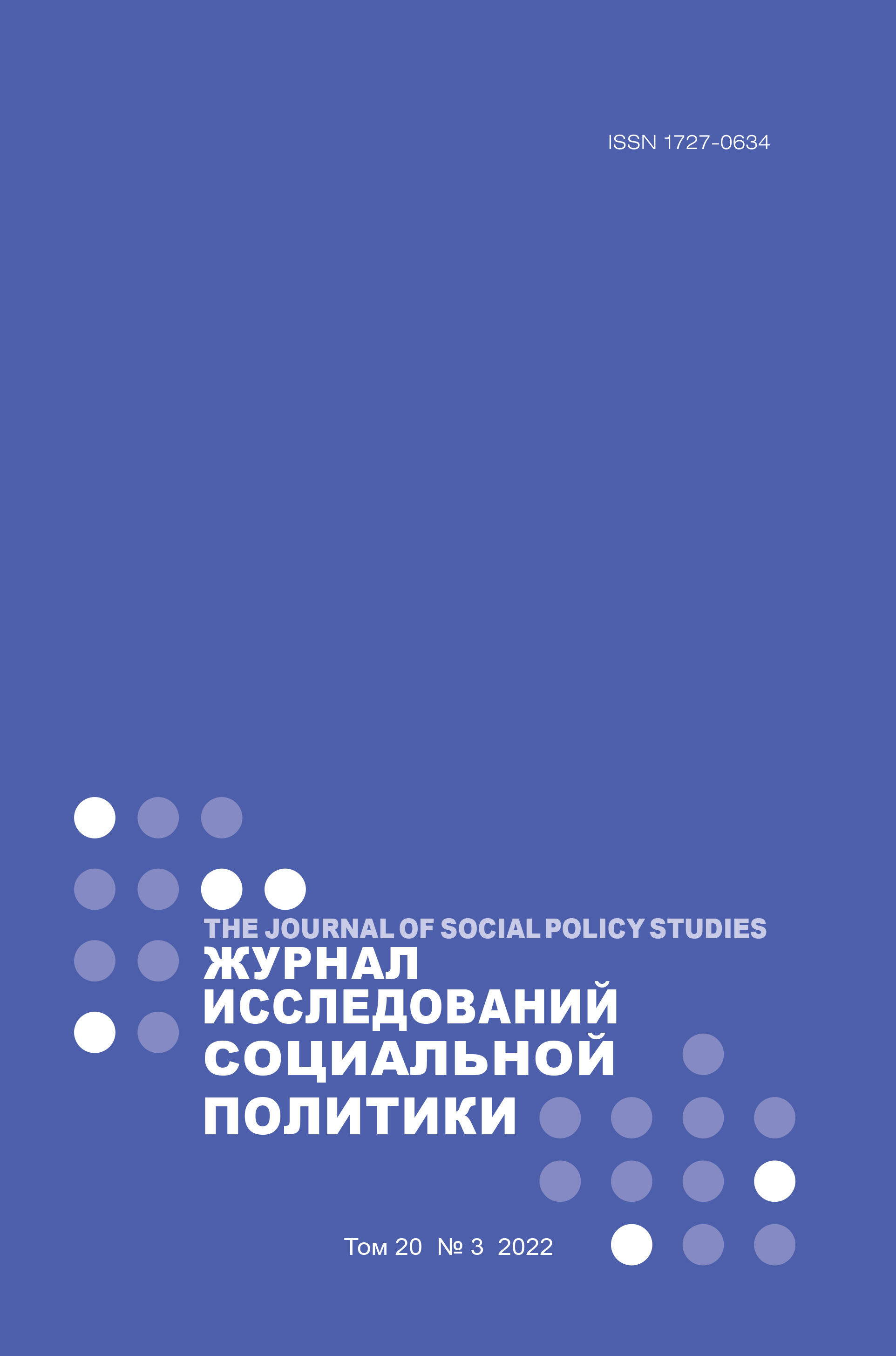Socio-Political Environment and Corruption in Nigeria: An Empirical Analysis
Abstract
No country is an exception when it comes to the issue of corruption, but the severity and structure of this phenomenon differ from one place to another. This research investigated context-specific relationships between the socio-political environment and corruption in Nigeria. The independent variable, i. e., socio-political environment is proxied by the following government effectiveness indices, such as the rule of law, human development, political stability, and political rights. The dependent variable, i. e., corruption is proxied by the corruption perception index. The study covers the period from 1999 to 2019 using Auto-regressive Distributed Lags (ARDL) for the analysis of the data and some diagnostic tests, such as serial correlation, heteroscedasticity test, and normality test, which were carried out to test the findings. The result revealed that only political stability significantly influences corruption in Nigeria, underscoring the importance of uninterrupted democracy since 1999 in corruption perception of the country. Contrarily, the government effectiveness, the rule of law, human development, and the political right indices failed to have a significant impact on corruption perception and control in Nigeria. This implies that, with the current socio-political environment in Nigeria, corruption cases in the country have been on the rise. Hence, Nigeria’s socio-political environment is too weak to have any significant effect on corruption control. The study recommends, among other things, that the rule of law should be followed effectively so that corruption can be curtailed in Nigeria.















